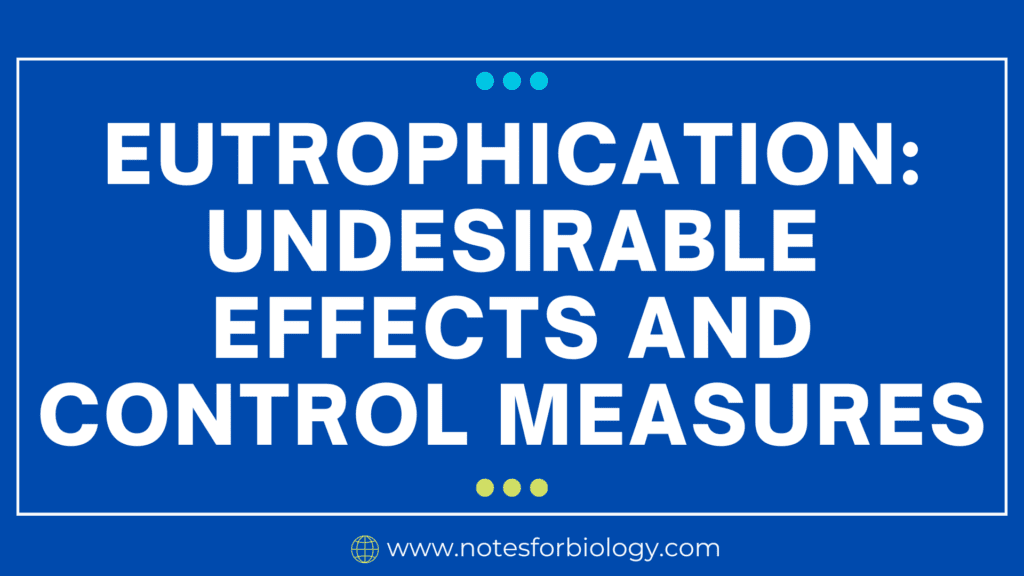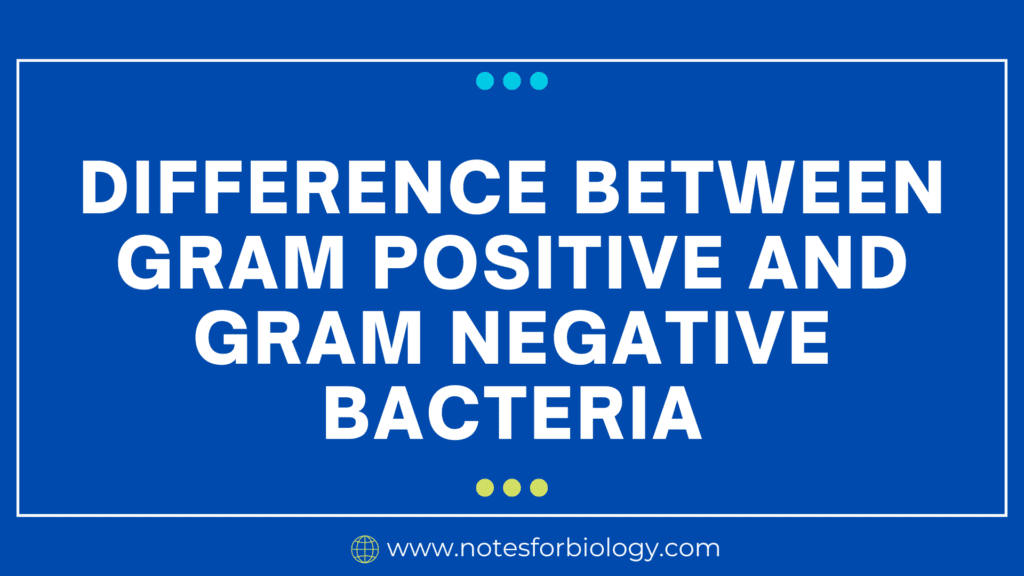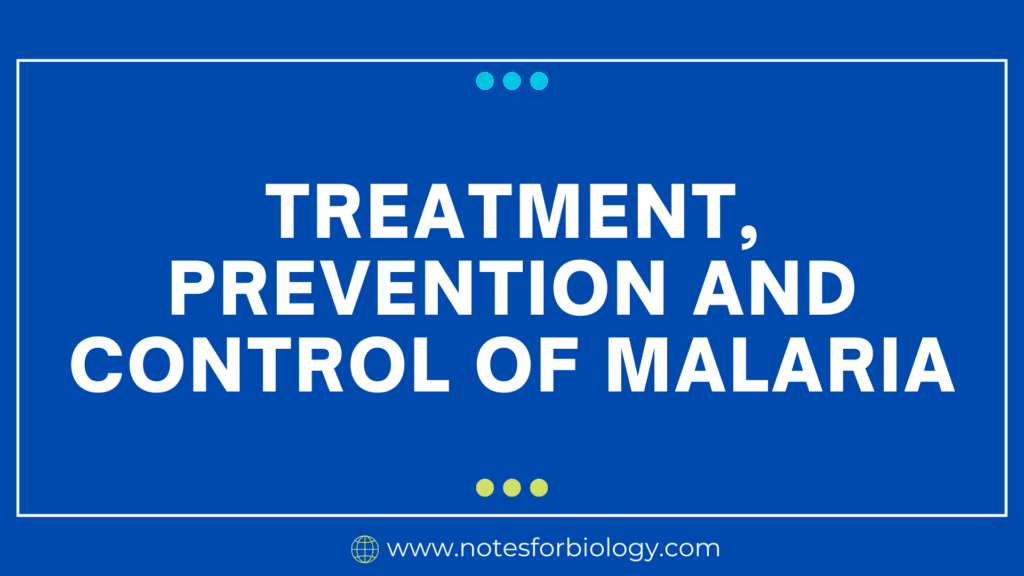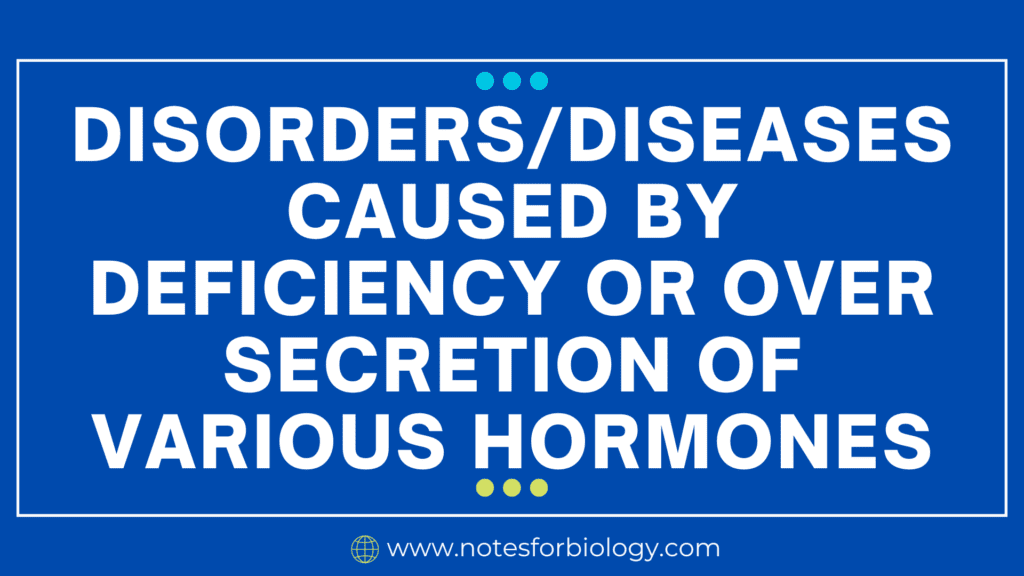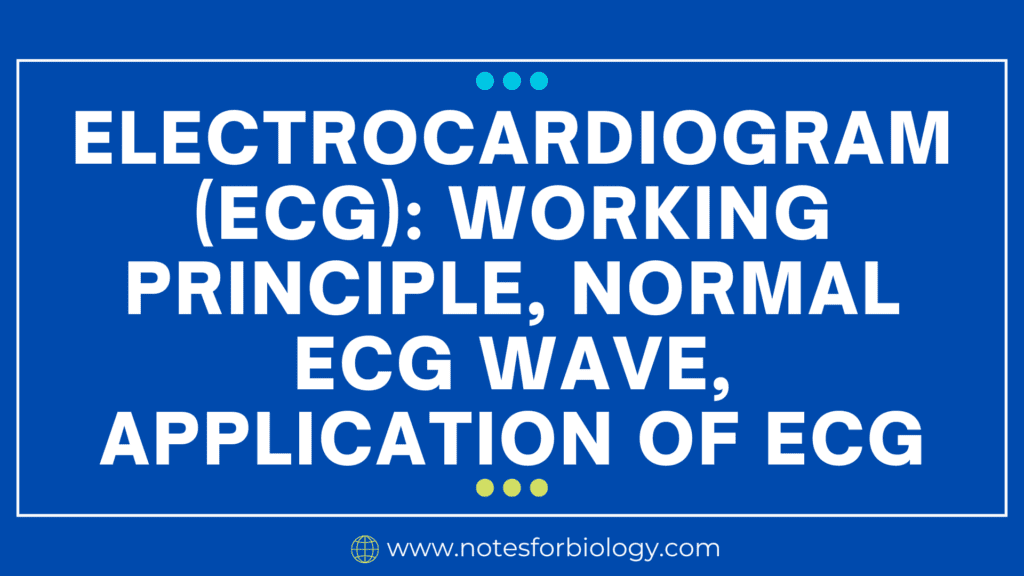Generalized transduction and specialized transduction
Generalized transduction is a biological process where a virus, called a bacteriophage, transfers DNA from one bacterium to another. This exchange of genetic material enhances the diversity within bacterial populations and plays an important role in their evolution and adaptability. Essentially, transduction allows bacteria to acquire new genes with the help of viruses, which can […]
Generalized transduction and specialized transduction Read More »




